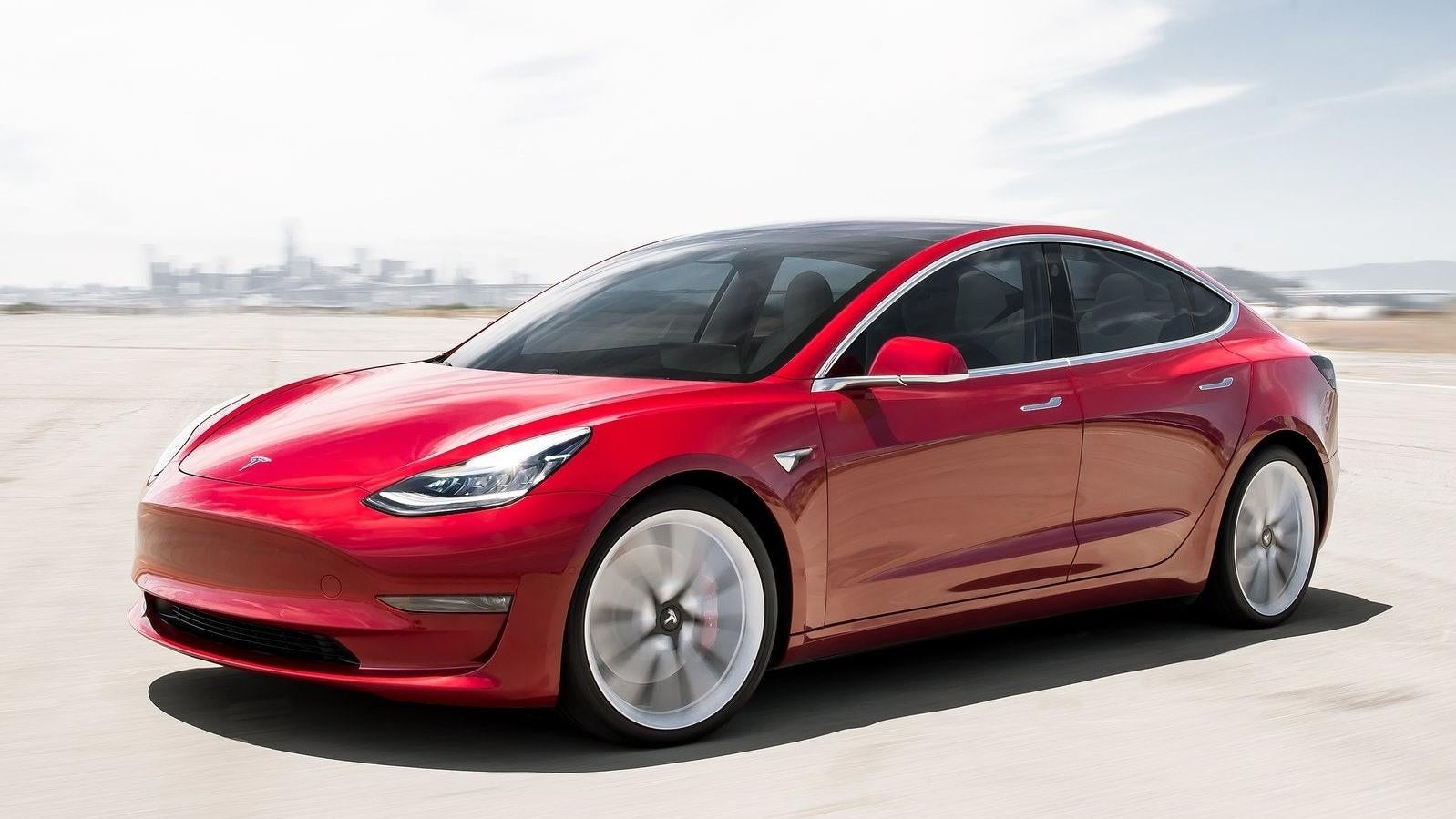Tesla Is Having a Huge Sale Before Key EV Tax Break Disappears

Tesla has fired the first major shot in a brewing electric vehicle price war, launching a series of aggressive new promotions across its lineup as the market braces for the end of a crucial federal incentive.
With the $7,500 federal tax credit for new electric vehicles set to expire on September 30, Elon Musk’s company is moving preemptively to lock in buyers and pressure competitors. On a newly updated section of its website titled “Current Offers,” the company warns of “Limited Inventory – Take Delivery Today,” adding that “All promotions are subject to change or end at any time.”
The move is a clear strategy to counteract a cooling market and the loss of government aid that has helped fuel EV adoption. These new incentives are multifaceted, combining general offers with model-specific discounts to maximize appeal:
- Free Supercharging: New vehicle purchases come with 10,000 miles of free Supercharging, directly addressing one of the key costs of EV ownership.
- Full Self-Driving (FSD) Transfer: For the first time, existing Tesla owners can transfer their valuable FSD package, which costs up to $12,000, to their new vehicle, a major incentive for brand loyalty.
- Inventory Discounts: The company is offering significant price reductions on existing inventory vehicles, with discounts ranging from $2,000 on the Model Y to over $5,000 on certain Model S and Model X configurations.
- Special Financing: Tesla is promoting low-interest financing rates for qualified buyers on specific models, further lowering the barrier to entry.
This aggressive sales push comes as Tesla navigates a challenging period. The company reported a 13.5% decline in global vehicle sales in the second quarter of 2025. In the United States, its primary market, sales fell 12.6%, though it still commands a dominant 46.2% market share.
The end of the federal tax credit threatens to complicate the landscape for all EV makers. As of early 2025, the average transaction price for a new electric vehicle was approximately $55,614, considerably higher than the $48,641 average for a new gasoline-powered car, according to data from Chase. Without the subsidy, that price gap becomes even more pronounced for consumers.
Tesla appears to be getting ahead of the problem by creating its own cushion. The company’s new promotions are designed to mimic the impact of the tax credit, giving buyers a reason to move quickly before prices—or eligibility—change again.
Elon Musk and Tesla didn’t wait too long. They are daring the competition to do the same. The question is not will they, but can they?
With margins already tightening across the industry, Tesla’s bold strategy could force rivals to follow suit or risk losing market share. But not every automaker has the financial room, or software-powered revenue streams that Tesla does.
The EV price war has begun. The real question now is who will survive it.








